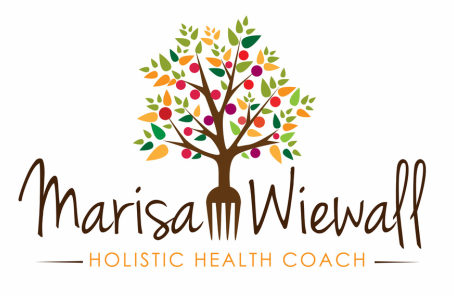
Why is Vitamin D so Important?
Vitamin D has several important functions. Perhaps the most vital are regulating the absorption of calcium and phosphorous, and facilitating normal immune system function and metabolic control.
More recent research is suggesting that Vitamin D plays a role in:
- reducing your risk of multiple sclerosis, according to a 2006 study published in the Journal of the American Medical Association
- decreasing your chance of developing heart disease, according to 2008 findings published in Circulation
- helping to reduce your likelihood of developing the flu, according to 2010 research published in the American Journal of Clinical Nutrition
Other studies have now shown that vitamin D deficiency is associated with increased risk of numerous chronic disorders, including type II diabetes, cancer, infections, and cardiovascular, autoimmune, and neurological diseases.
Did you know a vitamin D deficiency makes you 91% more likely to progress to insulin resistance, or “pre-diabetes,” and it more than doubles your risk for progressing to active, type II diabetes?
Are YOU Deficient?
Most likely. It has been reported that the majority of Americans have vitamin D levels below the minimum recommended concentration of 50 ng/mL. Let's face it, most of us are not outside every day anymore. We use sunscreen when we do, and if you live in the "north pole" like I do, then forget about your skin getting sunshine for at least 6 months of the year!!
You can ask your doctor to get tested. I did a few years ago in September and to my surprise I was on the VERY LOW END of the normal range! I was shocked since I had spent the whole summer outside!
So, How to Get Your D?
The natural way is for your body to produce vitamin D through direct exposure to sunlight. A little can go a long way: just 10 minutes a day of mid-day sun exposure is plenty, especially if you’re fair-skinned (no sunscreen though!).
Some foods are fortified with Vitamin D, but the absorption of this vitamin through fortified foods (i.e. cereals, milk, yogurt) is considered poor, especially when we consume "fat-free" since this vitamin is fat-soluble; meaning it needs fat to be absorbed by the body.
Some foods that naturally contain vitamin D are:
- salmon
- sardines
- egg yolk (especially pastured eggs)
- shrimp
Supplementation of D
I am not a huge fan of supplements if you can get it from food, but here is one that I am ALL FOR!
Supplementation with vitamin D3 has been shown to be protective for all of the above conditions, when taken at the dose of at least 2,000 IU/day; and as mentioned, most of us ARE deficient in this very essential vitamin.
Conclusion
- Start by taking a high quality vitamin D3 supplement of at least 2,000 IU daily (small children need at least 400 to 1,000 IU).
- Get your vitamin D level checked as soon as possible. Be sure the lab tests for “25-hydroxyvitamin D,” which is the best measure of vitamin D status and discuss with your doctor your supplementation needs.
- Recheck the level in 2 to 3 months. Once you are in the sufficient range, you might be able to maintain that level by taking a lower dose daily.
- Confirm this with repeat testing at least once a year. Many people, especially those with pre-existing chronic illness, find they need more to boost their levels adequately.
P.S. Remember to take your vitamin D with the meal of the day that contains the most fat, as this greatly enhances vitamin D absorption.

 RSS Feed
RSS Feed